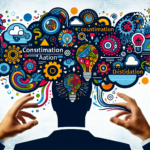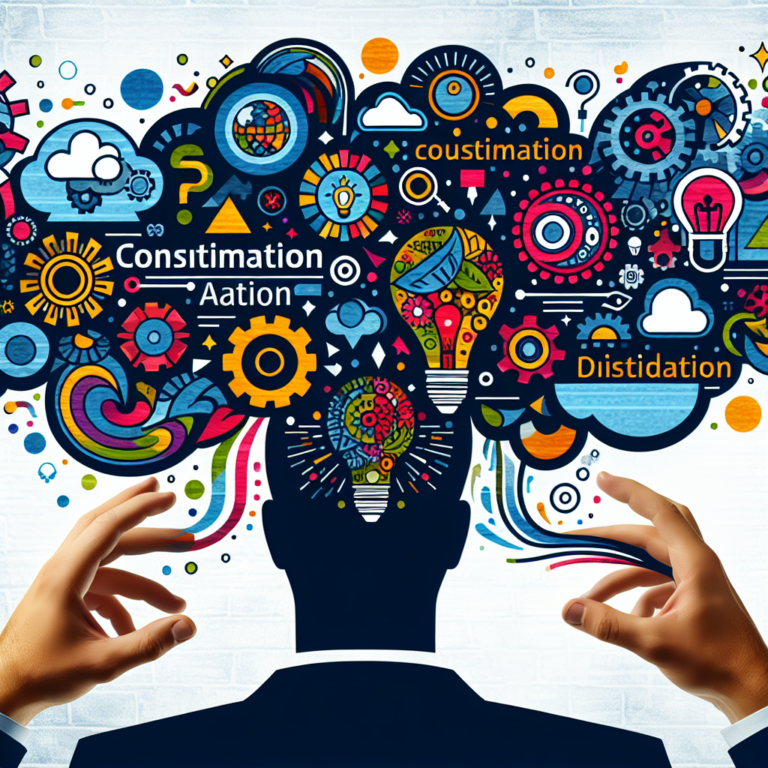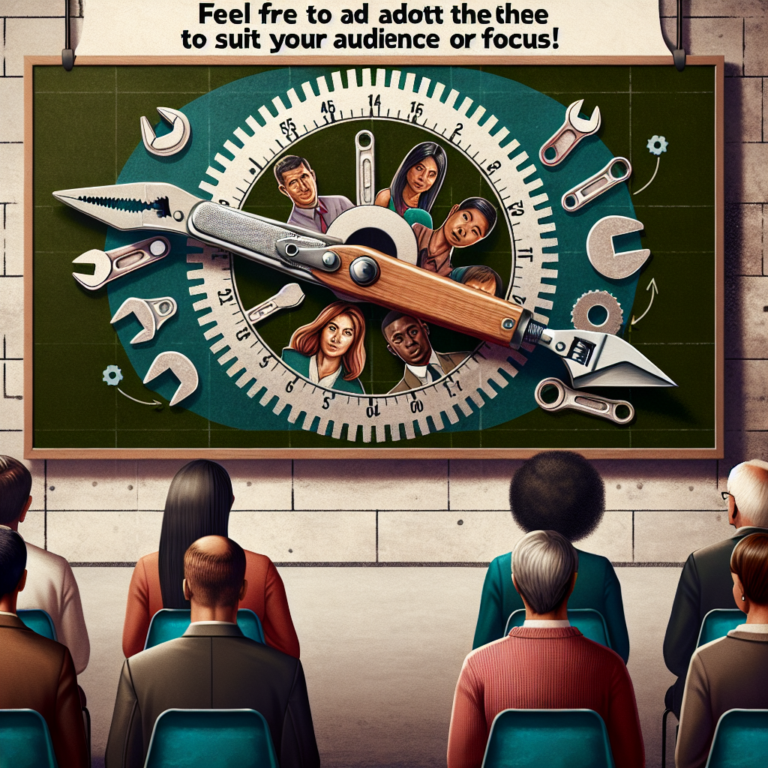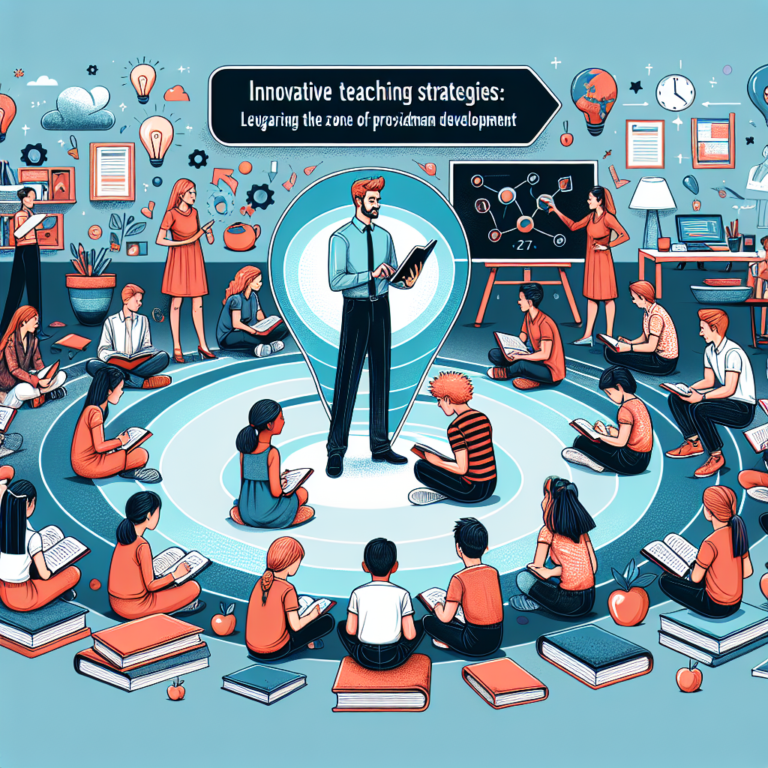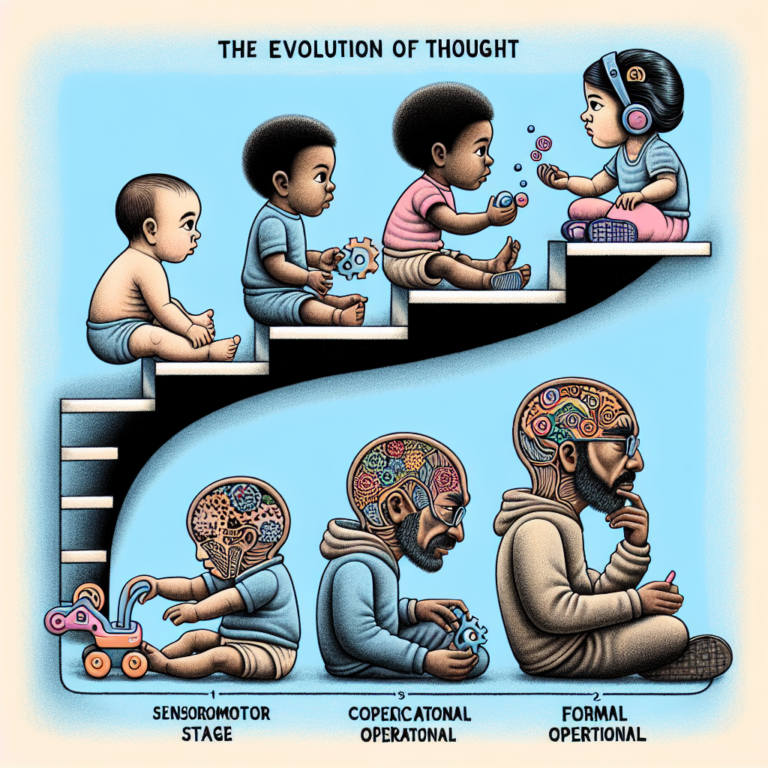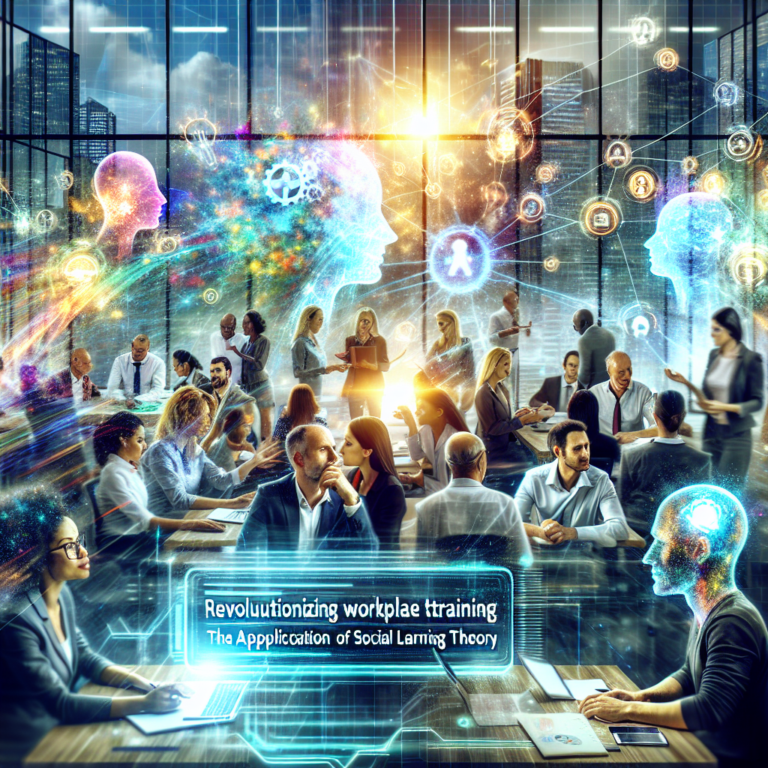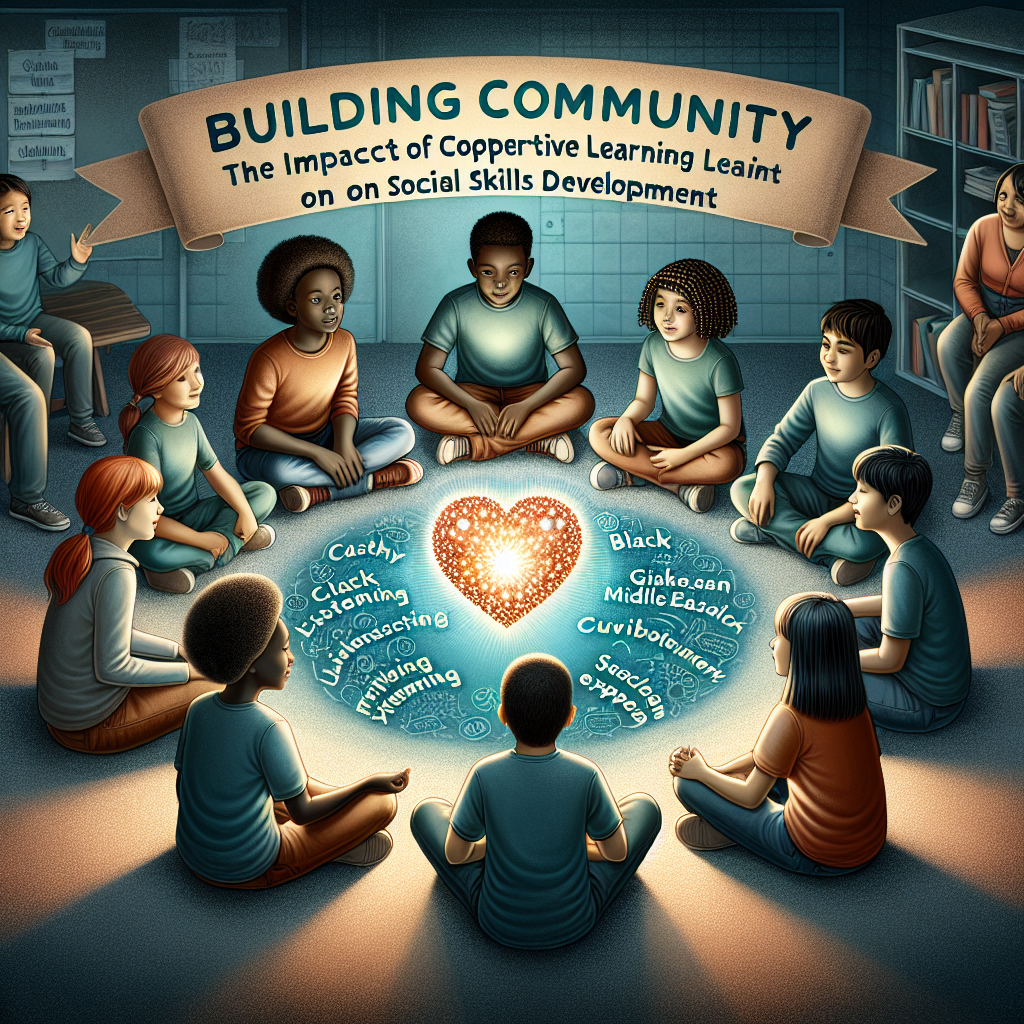
Introduction
Imagine walking into a classroom where students not only learn academic content but also hone their emotional intelligence and teamwork skills. This is the transformative power of cooperative learning—a teaching strategy that is reshaping educational landscapes and social environments alike. Building Community: The Impact of Cooperative Learning on Social Skills Development has never been more essential, as we navigate an increasingly digital age where social interactions are often replaced with screens.
In this article, we will explore how cooperative learning fosters community, cultivates social skills, and shapes well-rounded individuals. By examining case studies, research findings, and practical applications, we hope to demonstrate the profound impact cooperative learning has on social skills development.
The Essence of Cooperative Learning
What is Cooperative Learning?
Cooperative learning is an instructional strategy that encourages small groups of students to work together toward a common goal. Unlike competitive learning, where the focus is on individual performance, cooperative learning thrives on collaboration. This method promotes a sense of belonging and accountability—crucial components for social skills development.
Key Elements of Cooperative Learning
- Positive Interdependence: Group members rely on one another to achieve goals.
- Individual Accountability: Each student must contribute to the group.
- Face-to-Face Interaction: Students engage directly, enhancing communication.
- Social Skills Development: Emphasis on teamwork, conflict resolution, and communication.
- Group Processing: Reflecting on group performance for continual improvement.
These elements synergistically contribute to Building Community: The Impact of Cooperative Learning on Social Skills Development by reinforcing cooperation, empathy, and interpersonal relationships.
Case Studies: Real-World Applications
Case Study 1: The “Jigsaw” Method
In a middle school science class, the "Jigsaw" method was implemented to teach ecology. Students were divided into diverse groups, and each member was assigned a different aspect of the topic to research. Once they became "experts," students regrouped to share their findings.
Analysis: This method not only facilitated shared learning but also necessitated that students practice active listening, teaching, and providing feedback. The success stories from this class revealed improved social skills, including enhanced conversation abilities and increased empathy for differing viewpoints.
Case Study 2: The "Learning Together" Model
A high school in Chicago adopted the “Learning Together” model for its freshman classes. Students worked in structured teams on projects spanning subjects like math and history. Regular assessments gauged both individual and group performance.
Analysis: The model led to notable improvements in students’ ability to engage in group discussions, distribute tasks, and handle disagreements diplomatically. Post-surveys indicated that students felt a stronger sense of community and belonging.
The Psychology Behind Cooperative Learning
The Role of Social Interactions
Cooperative learning offers students the opportunity to practice social skills in a safe environment. The social interactions required in group settings foster emotional awareness and social intelligence—both crucial for personal and professional success.
Emotional Safety and Trust
When students feel safe to express their thoughts and concerns, they engage more deeply and authentically. This emotional safety is vital for Building Community: The Impact of Cooperative Learning on Social Skills Development, as it encourages honest exchanges and camaraderie.
Developing Empathy
Through cooperative learning, students learn to appreciate diverse perspectives, enhancing their ability to empathize. This empathy extends beyond the classroom, shaping how students interact within their broader communities.
Implementing Cooperative Learning Strategies
Practical Tips for Educators
- Set Clear Goals: Establish specific objectives for both academic and social outcomes.
- Group Dynamics: Ensure diverse groups to foster varied perspectives.
- Role Assignments: Assign roles within groups to promote accountability and participation.
- Regular Reflection: Encourage students to reflect on their experiences and interactions.
- Teach Social Skills: Integrate social skills training to explicitly teach necessary competencies.
Challenges and Considerations
- Group Conflict: Conflicts may arise; teaching conflict resolution skills can mitigate this.
- Uneven Participation: Monitor group dynamics to ensure that every member contributes.
Measuring the Impact of Cooperative Learning
Assessment Techniques
- Peer Assessments: Allow students to evaluate each other’s contributions.
- Self-Reflection Journals: Encourage students to reflect on their social interactions.
- Surveys: Conduct pre- and post-course surveys to gauge improvement in social skills.
Data Insights
According to a study conducted by the University of Minnesota, students who engaged in cooperative learning showed a 30% increase in social skills metrics compared to those in traditional learning settings.
Table 1: Social Skills Development Metrics
| Metric | Traditional Learning | Cooperative Learning |
|---|---|---|
| Teamwork Ability | 55% | 85% |
| Conflict Resolution Skills | 50% | 75% |
| Communication Effectiveness | 60% | 90% |
The above table illustrates a stark contrast in social skills development, further supporting the argument for Building Community: The Impact of Cooperative Learning on Social Skills Development.
The Long-Term Benefits of Cooperative Learning
Preparing for the Workforce
Skills developed through cooperative learning align closely with those sought after in the workforce. Teamwork, adaptability, and effective communication are vital in today’s job market. Students who engage in cooperative learning are often better prepared to enter the professional world.
Lifelong Relationships
Cooperative learning fosters a sense of belonging that can lead to lifelong friendships and professional networks. Social skills learned in this context not only enhance personal life but can also contribute to career success.
Conclusion
The essence of education transcends mere content knowledge; it encompasses nurturing well-rounded individuals who can thrive socially and professionally. Building Community: The Impact of Cooperative Learning on Social Skills Development becomes an indispensable aspect of holistic education, promoting empathy, collaboration, and communication.
As we reflect on the various strategies, results, and benefits of cooperative learning, it’s clear that this approach not only enriches the learning experience but also cultivates essential social skills. We encourage educators, parents, and community leaders to advocate for and implement cooperative learning strategies to build cohesive and supportive environments.
FAQs
1. What is cooperative learning?
Cooperative learning is an instructional strategy where students work together in small groups to achieve common learning objectives, emphasizing collaboration and interdependence.
2. How does cooperative learning affect social skills?
Cooperative learning enhances social skills by providing opportunities for students to engage in discussions, resolve conflicts, and practice teamwork, ultimately fostering empathy and communication.
3. What challenges come with cooperative learning?
Challenges can include group conflict, uneven participation, and varying levels of commitment among group members. However, these can be mitigated through effective group management and interpersonal skill instruction.
4. Can cooperative learning improve academic performance?
Yes, numerous studies indicate that cooperative learning can enhance academic performance by increasing student participation, motivation, and retention of information.
5. How can I incorporate cooperative learning in my classroom?
Educators can introduce cooperative learning by setting specific goals, forming diverse groups, assigning defined roles, and regularly encouraging group reflection to assess progress.
Building Community: The Impact of Cooperative Learning on Social Skills Development is your gateway to fostering a more connected, empathetic, and collaborative learning environment. Let’s embrace these strategies to nurture the next generation of compassionate and skilled individuals.

